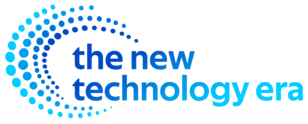In the modern workplace, financial literacy is an essential skill that empowers employees to make informed decisions about their finances. One crucial tool that contributes to financial literacy is the paycheck stub. Understanding paycheck stubs not only helps employees comprehend their earnings but also promotes financial awareness and responsibility. This article explores the intersection of paycheck stubs and financial literacy, highlighting their significance in empowering employees to take control of their financial well-being.
Understanding Paycheck Stubs
Components of a Paycheck Stub
A paycheck stub, also known as a pay slip or pay advice, is a document provided to employees by their employers each pay period. It contains detailed information about an employee’s earnings and deductions. Common components of a paycheck stub include:
- Gross earnings: The total amount earned before any deductions.
- Net earnings: The amount remaining after deductions, such as taxes and benefits, are subtracted from gross earnings.
- Taxes withheld: Federal, state, and local income taxes deducted from the employee’s paycheck.
- Deductions: Contributions to retirement plans, healthcare premiums, and other benefits.
- Year-to-date totals: Cumulative earnings and deductions for the current year.
Importance of Each Component
Each component of a Real pay stub serves a vital purpose in helping employees understand their finances. Gross earnings provide clarity on the total compensation received for work performed, while net earnings reveal the actual amount deposited into the employee’s bank account. Taxes withheld educate employees on their tax obligations and help them plan for tax season. Deductions highlight the importance of employer-sponsored benefits and retirement savings. Year-to-date totals offer a comprehensive overview of earnings and deductions over time, aiding in financial planning and budgeting.
Financial Literacy and its Significance
Financial literacy guides the capacity to comprehend and effectively manage one’s finances. It encompasses various skills, including budgeting, protection, investing, and debt management. Financially literate individuals are better equipped to make sound financial decisions, leading to greater financial stability and security.
Importance of Financial Literacy for Employees
In today’s complex financial landscape, financial literacy is a critical skill for employees at all levels. A lack of financial literacy can lead to financial stress, poor decision-making, and long-term financial hardship. By contrast, employees with strong financial literacy skills are more likely to achieve their financial goals, such as homeownership, retirement savings, and debt reduction. Moreover, financially literate employees are better positioned to weather unexpected financial challenges, such as medical emergencies or job loss.
How Paycheck Stubs Promote Financial Literacy
Paycheck stubs play a significant role in promoting financial literacy among employees by providing transparency and insight into their earnings and deductions.
Transparency in Earnings
By clearly outlining gross earnings, taxes withheld, and deductions, paycheck stubs offer employees transparency into how their pay is calculated. This transparency fosters trust and confidence in the employer-employee relationship, ensuring that employees feel valued and fairly compensated for their work.
Budgeting and Financial Planning
Paycheck stubs serve as valuable tools for budgeting and financial planning. Employees can use paycheck stubs to track their income, expenses, and savings goals more effectively. By understanding their net earnings and deductions, employees can create realistic budgets, prioritize expenses, and identify opportunities for saving and investing.
Benefits of Empowering Employees through Paycheck Stubs
Empowering employees through paycheck stubs yields numerous benefits for both employees and employers.
Increased Employee Satisfaction
Employees who understand their pay and benefits are more likely to feel satisfied and engaged in their work. Transparent and accurate paycheck stubs demonstrate an employer’s commitment to fairness and accountability, enhancing employee morale and retention.
Reduced Financial Stress
Financially literate employees experience less financial stress and anxiety, leading to improved overall well-being and productivity. By providing clear and comprehensive paycheck stubs, employers can help alleviate financial uncertainty and promote financial stability among their workforce.
Case Studies: Companies Promoting Financial Literacy through Paycheck Stubs
Several companies have implemented innovative strategies to promote financial literacy through paycheck stubs.
- Company A: Implemented interactive paycheck stubs with educational pop-ups explaining key financial concepts.
- Company B: Offered financial wellness workshops and seminars to complement paycheck stubs, providing employees with practical financial advice and resources.
- Company C: Partnered with financial institutions to offer discounted financial planning services to employees based on information provided in their paycheck stubs.
Challenges and Solutions
While Paystub generator free are valuable tools for promoting financial literacy, implementing effective paycheck stub initiatives can pose challenges for employers.
Common Challenges in Implementing Paycheck Stub Initiatives
- Complexity: Paycheck stubs can be complex, especially for employees with limited financial literacy or non-traditional employment arrangements.
- Privacy Concerns: Employers must balance the need for transparency with employees’ privacy rights, particularly regarding sensitive financial information.
- Compliance: Ensuring compliance with legal and regulatory requirements governing paycheck stubs can be challenging, particularly for employers operating in multiple jurisdictions.
Strategies to Overcome These Challenges
- Simplify: Employers can simplify paycheck stubs by using clear language, visual aids, and interactive features to enhance understanding.
- Educate: Offering financial literacy training and resources can empower employees to interpret and utilize paycheck stub information effectively.
- Collaborate: Employers can collaborate with payroll providers, financial institutions, and employee representatives to develop paycheck stub solutions that meet the needs of diverse workforce populations.
Tips for Employers to Enhance Financial Literacy through Paycheck Stubs
Employers can take proactive steps to enhance financial literacy through paycheck stubs.
- Provide Clear Explanations: Use plain language and visual cues to explain paycheck stub components and calculations.
- Offer Financial Education Resources: Direct employees to financial literacy resources, such as workshops, seminars, online courses, and educational materials.
- Encourage Feedback: Solicit feedback from employees on paycheck stubs to identify areas for improvement and address any confusion or concerns.
Conclusion
Paycheck stubs are powerful tools for promoting financial literacy and empowering employees to take control of their financial well-being. By providing transparent and informative paycheck stubs, employers can equip their workforce with the knowledge and resources needed to make informed financial decisions, leading to greater financial stability and resilience.
conclusion,
paycheck stubs are not just documents detailing earnings and deductions; they are vehicles for promoting financial literacy and empowering employees to achieve financial security. By understanding paycheck stubs and the financial information they provide, employees can better manage their finances, plan for the future, and navigate financial challenges with confidence.
Why are paycheck stubs important for employees?
Paycheck stubs provide employees with detailed information about their earnings, taxes, and deductions, helping them understand their financial situation and make informed decisions.
How can employers enhance financial literacy through paycheck stubs?
Employers can enhance financial literacy by providing clear explanations of paycheck stub components, offering financial education resources, and soliciting feedback from employees.
What are the benefits of promoting financial literacy in the workplace?
Promoting financial literacy in the workplace leads to increased employee satisfaction, reduced financial stress, and improved overall well-being and productivity.
Are there any legal requirements for paycheck stubs?
Yes, many jurisdictions have legal requirements regarding the information that must be included on paycheck stubs, such as earnings, taxes withheld, and deductions. Employers must ensure compliance with these requirements.
How can employees use paycheck stubs to improve their financial situation?
Employees can use paycheck stubs to track their income, expenses, and savings goals, create budgets, identify areas for saving and investing, and plan for long-term financial security.
Also Read
- How To Delete Xbox Account?
- 10 Best Gaming Laptops for All Types of Gamers
- What Is Sandbox VR? How Much Is Sandbox VR?


